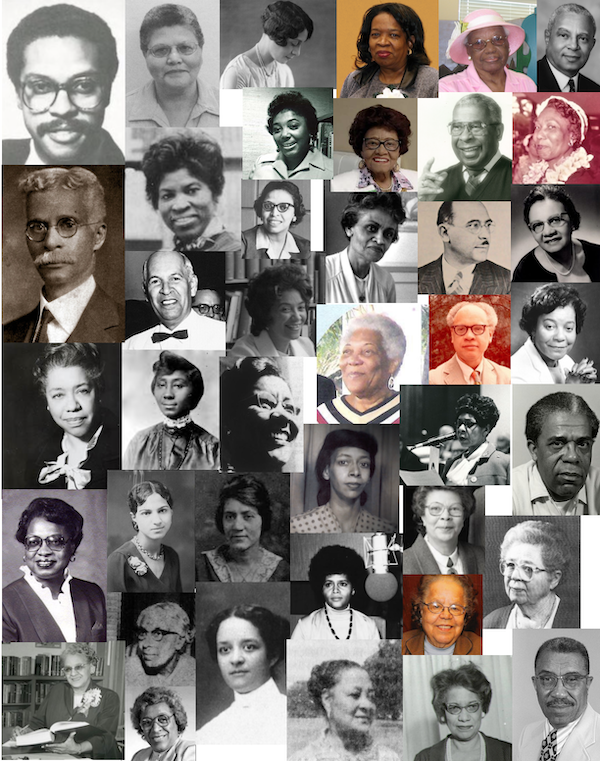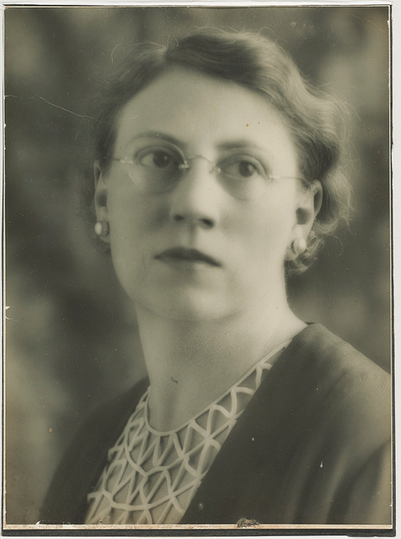
I’ve always got some nerdy Wikipedia project going. I think improving Wikipedia’s coverage of marginalized voices is worthwhile work, even as I understand and agree with many of the criticisms of the place. My most recent project was to look at the list of African American librarians (108 in total) and try to add as many photographs as I could (41, many articles already had images) to articles that didn’t have one. This is tricky work, because you can usually only add images that have free licenses–either public domain, or certain Creative Commons licenses. These can be hard to find.
However, there is a very useful loophole which is that if you are adding an image to Wikipedia–and not Wikimedia Commons where most image uploads happen–you can take a copyrighted image, shrink it to a small, low-resolution size, and use it to illustrate a page of someone who is deceased. Here’s a page that explains it but it’s a lot of reading. There are similar fair use exemptions for logos, cover art, and a few other categories; this is just about images of people. Here’s a short explainer. Continue reading “How To: Adding fair use images to people’s Wikipedia pages”



